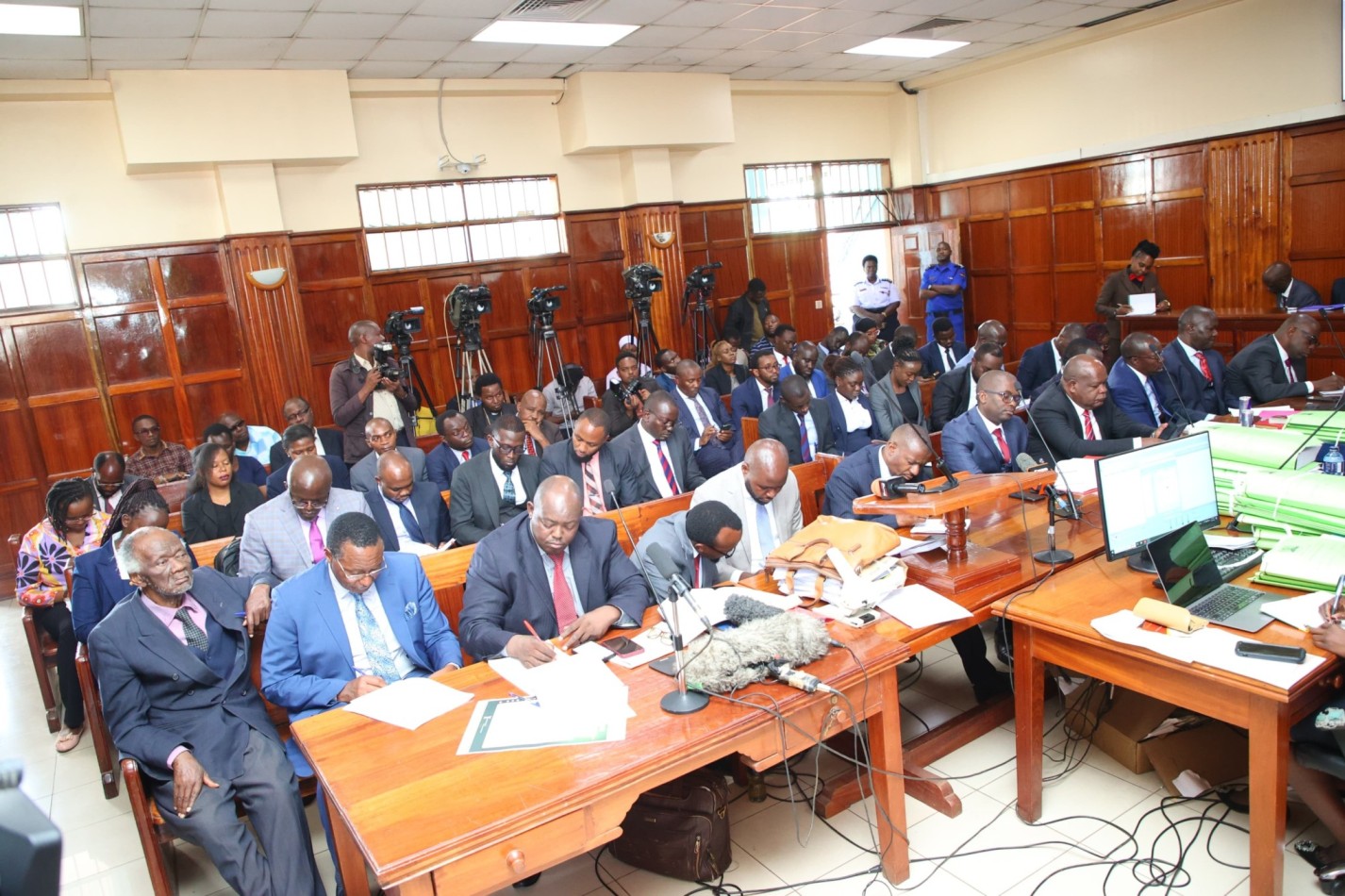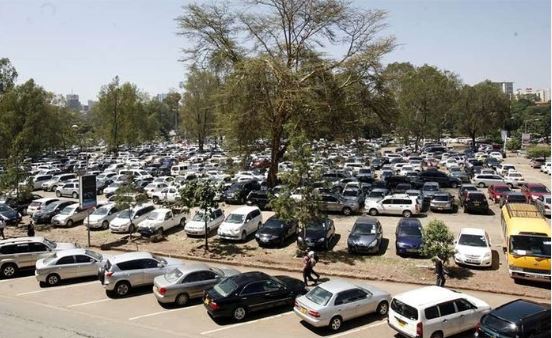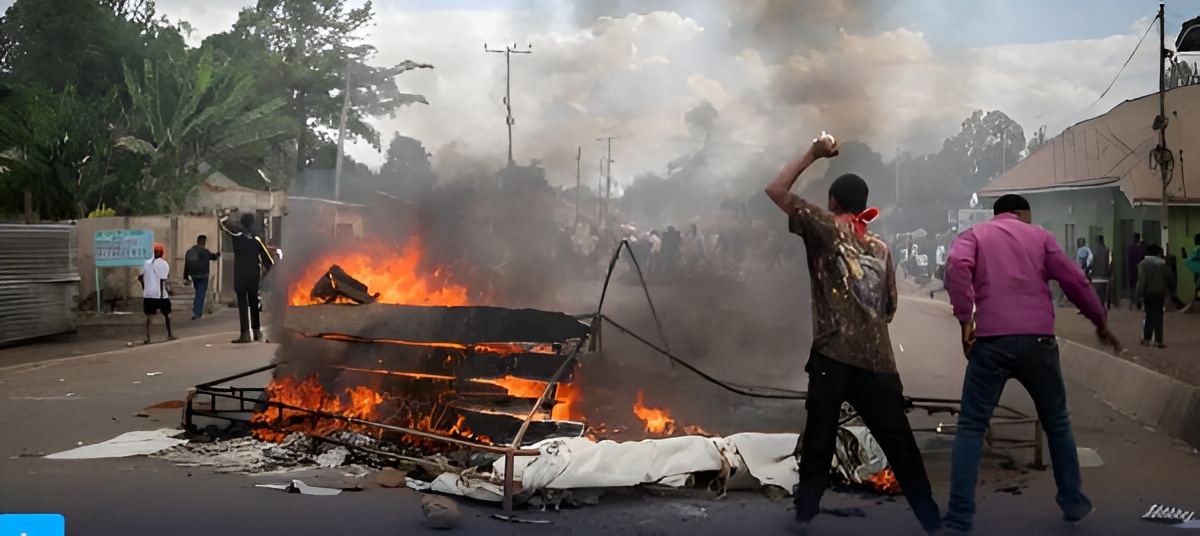Sh7.8 billion earmarked for JSS classrooms construction - Treasury clarifies
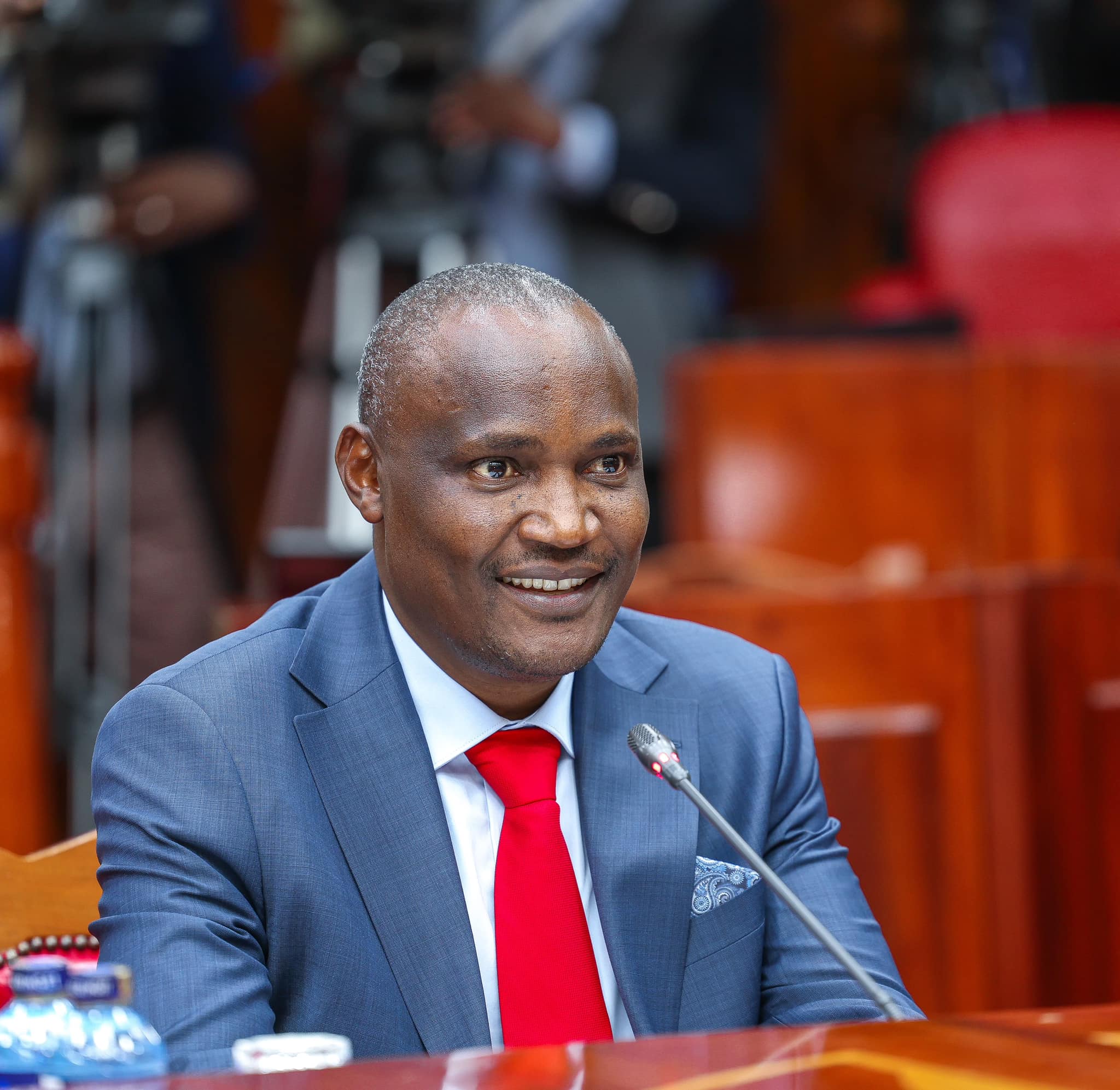
Treasury Cabinet Secretary John Mbadi clarified that the reports were false and misleading.
The National Treasury has refuted claims circulating in the media regarding the non-release of funds for the construction of junior secondary school (JSS) classrooms, which have allegedly led to funding challenges.
In a statement issued on Monday, Treasury Cabinet Secretary John Mbadi clarified that the reports were false and misleading.
More To Read
- Government, miners form joint committees to curb exploitation, protect communities
- Treasury’s plan to abolish six development authorities raises fears over 423 projects, 1,500 jobs
- TSC announces recruitment of 9,159 teachers nationwide
- National Treasury secures Sh437.8 billion loan to plug budget deficit
- Education Ministry pledges early capitation release for smooth start to new term
- MPs raise alarm over alleged misappropriation of College of Insurance land
He noted that the National Treasury had disbursed a total of Sh7.8 billion on September 27, 2024, to fund the construction of JSS classrooms across the country.
According to Mbadi, Sh3.4 billion was directed to the National Government Constituency Development Fund (NGCDF) Board as part of the Ministry of Education's share, another Sh3.4 billion was allocated to NGCDF as a matching fund, and Sh1 billion was specifically set aside for Nairobi County NGCDF.
“This funding is intended to ensure that the necessary infrastructure is in place for the smooth operation of junior secondary schools. Any claims suggesting funding shortages or challenges are therefore unfounded," Mbadi clarified.
The Treasury urged media outlets to verify the information before publication, emphasising the need to avoid the spread of misinformation that could cause unnecessary concern among the public and stakeholders.
"The National Treasury remains available for clarification or additional information needed," Mbadi said.
The CBC's Basic Education structure spans 2 years in pre-primary, 6 years in primary, 3 years in junior secondary, and another 3 years in senior secondary, resulting in a 2-6-3-3 system.
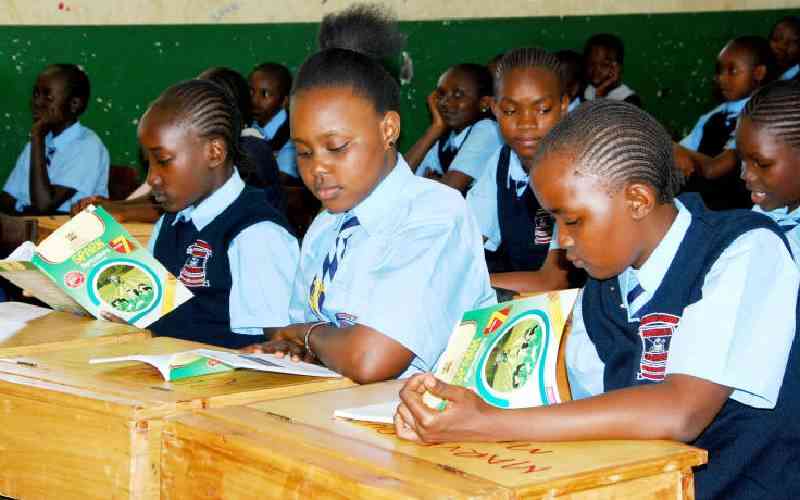 Junior Secondary School (JSS) students in class. (Photo: KICD)
Junior Secondary School (JSS) students in class. (Photo: KICD)Junior Secondary School (JSS) students in class. (Photo: KICD)
Introduced in 2023, junior secondary covers grades 7, 8, and 9.
The first cohort entered Grade 8 in January 2024, with Grade 9 commencing in 2025. The 2025 Grade 9 class will be the first to complete junior secondary under the CBC.
Meanwhile, senior secondary school spans three years, targeting learners aged 15 to 17.
School principals had proposed a split in junior secondary education, with Grade 7 remaining in primary schools and Grades 8 and 9 moving to secondary schools, leveraging existing facilities and staff.
Despite the concerns, the government has asserted its readiness to accommodate Grade 9 students by initiating the construction of 16,000 classrooms.
Additionally, in April, Education PS Belio Kipsang dismissed the push by the stakeholders to have the final grade of the CBC moved to secondary schools.
Kipsang said the decision to domicile junior schools in primary schools reflects the wishes of education stakeholders during consultations by the Presidential Working Party on Education Reforms.
"Ninety-three per cent of Kenyans decided through the Presidential Working Party that we are domiciling junior school in our primary level; we are not about to change that because we even don’t have a window to do that,’’ he said during a stakeholder’s engagement on the preparation for senior school and revamping of teacher education at the Kenya Institute of Curriculum Development (KICD).
Top Stories Today







